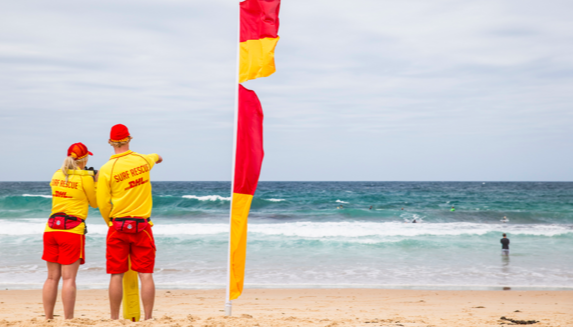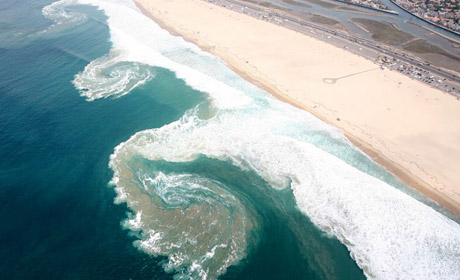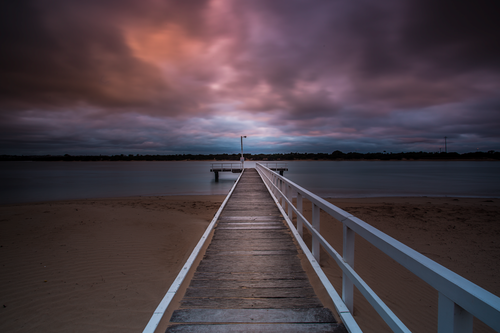
Swim Between the Flags and observe all signs
Thursday, 8th December 2016
The beach is a dynamic, ever-changing environment. Although it can be very fun, it can also be unpredictable and dangerous to people who are unaware of the hazards. That’s why lifeguards who understand the beach use a system of flags and signs to advise the people who visit with the things they need to know.
The most important flags on the beach are the red and yellow flags. These show the supervised area of the beach and that a lifesaving service is operating. If there are no red and yellow flags, you should not go swimming.
Safety signs are also put in place to warn you about the permanent and occasional hazards that are present in the environment. Some of these signs are permanent for long term hazards. However others are put into place each day by the lifeguards to show you hazards present on that day in a specific location such as rip currents which can move from place to place on different days.
WARNING SIGNS
Use a yellow background, and include simple symbols to communicate what you should be aware of. It’s important to always observe and abide by the safety signs.
REGULATORY SIGNS
More important than Warning Signs because they inform you about prohibited activities at the beach. These are red circles, with diagonal lines across a black symbol. There may be penalties imposed if you disregard these signs.
INFORMATION SIGNS
Provide information about features or activities which may be present on the beach.
SAFETY SIGNS
Used to indicate the safety provisions or provide safety advice such as emergency beacons, public rescue equipment or first aid.
I KNOW A PLACE NO SURFERS GO...
It makes sense that where lots of people are swimming in the water, surfers aren’t allowed to speed through the break and possibly hit them!
That’s why lifeguards put up black and white quartered flags on each side of the red and yellow flags, which indicates the surfcraft exclusion zone. So if you’re surfing, steer clear of the red and yellow flags!
Source: Surf Life Saving
Source: Surf Life Saving







